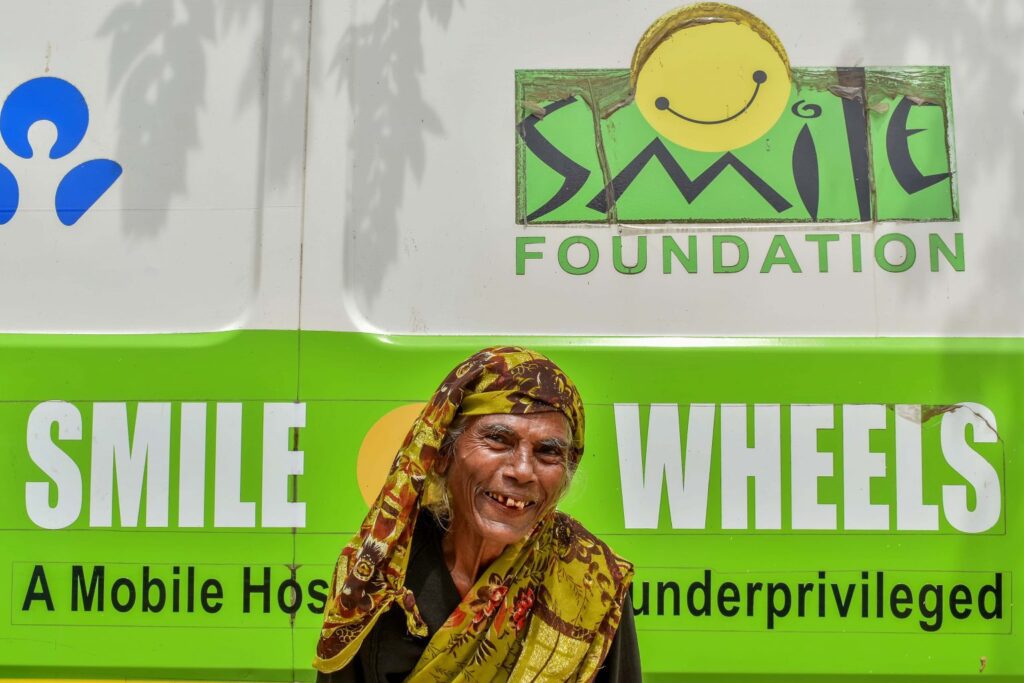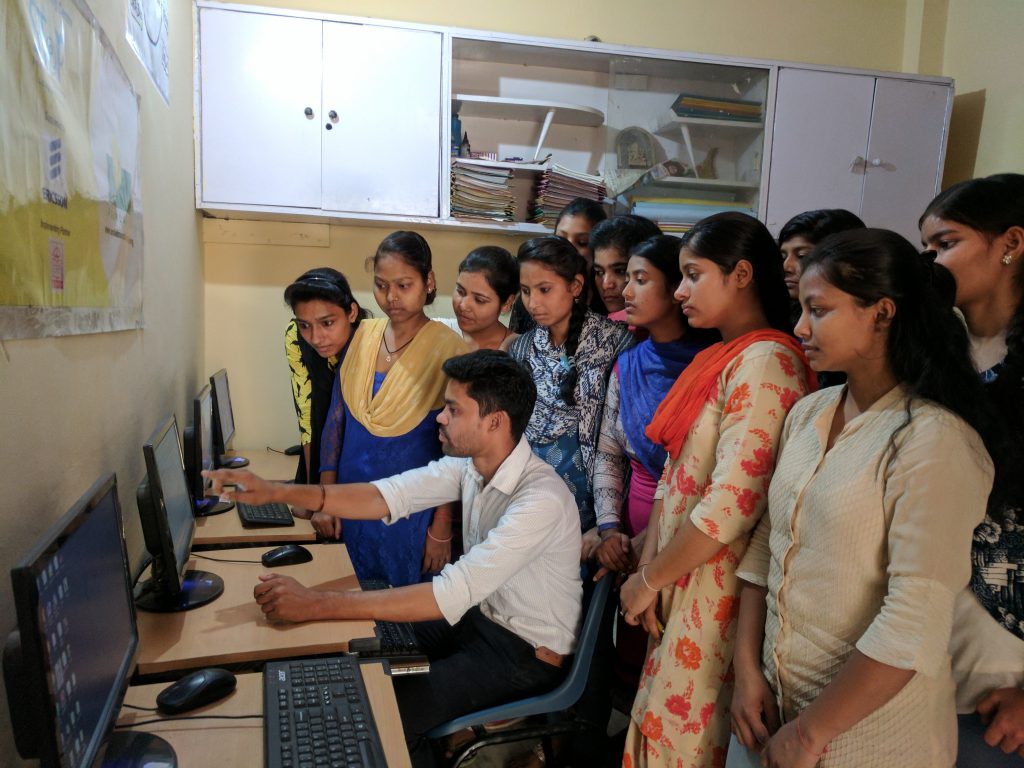India is experiencing a demographic transition with a marked increase in the elderly population. According to projections, the number of individuals aged 60 and above is expected to rise significantly in the coming decades. This demographic shift is attributed to improved life expectancy and declining birth rates, leading to a higher proportion of elderly individuals within the population.
The ageing population presents several challenges for the healthcare system, including increased demand for medical services, a higher prevalence of chronic diseases and the need for long-term care. Addressing the healthcare needs of the rapidly ageing population of India requires a comprehensive and strategic approach to ensure that the elderly receive adequate care and support.
Challenges in Healthcare of Ageing Population
Chronic Diseases and Comorbidities
The elderly population is more susceptible to chronic diseases such as diabetes, hypertension, heart disease and arthritis. Managing these conditions often requires ongoing medical care, regular monitoring and medication management. Additionally, many elderly individuals suffer from multiple chronic conditions simultaneously, known as comorbidities, which complicate their healthcare needs.
Mental Health Issues
Mental health is a significant concern among the elderly. Conditions such as depression, anxiety and dementia are prevalent in this age group. However, mental health services are often inadequate or inaccessible, leading to unmet needs and a lower quality of life for many elderly individuals.
Access to Healthcare Services
Access to healthcare services is a major issue for the elderly in India, especially in rural areas. Limited availability of healthcare facilities, shortage of healthcare professionals and financial constraints hinder the ability of elderly individuals to receive timely and appropriate care.
Long-Term Care and Support
The need for long-term care and support is growing as the population ages. Elderly individuals often require assistance with daily activities, mobility support and continuous medical supervision. The lack of structured long-term care facilities and trained caregivers poses a significant challenge in providing comprehensive care for the elderly.
Strategies to Improve Healthcare for the Elderly
Strengthening Primary Health Care
Strengthening primary health care is essential to address the healthcare needs of the elderly. Primary healthcare centres should be equipped to provide preventive, curative and rehabilitative services tailored to the elderly. Regular health check-ups, early diagnosis and management of chronic diseases can significantly improve health outcomes for the elderly.
Expanding Geriatric Care Services
Expanding geriatric care services is crucial to cater to the specific needs of the elderly population. This includes establishing specialised geriatric wards in hospitals, training healthcare professionals in geriatric care and developing comprehensive care plans for elderly patients. Geriatric care services should also focus on mental health support and palliative care.
Promoting Preventive Health Measures
Preventive health measures play a vital role in maintaining the health and well-being of the elderly. Health education programmes that promote healthy lifestyles, regular physical activity and a balanced diet can help prevent or delay the onset of chronic diseases. Vaccination programmes targeting the elderly, such as flu and pneumococcal vaccines, are also important preventive measures.
Enhancing Accessibility to Healthcare Services
Improving access to healthcare services for the elderly requires a multi-faceted approach. This includes increasing the number of healthcare facilities in rural and underserved areas, providing mobile health units, and implementing telemedicine services. Financial support mechanisms, such as insurance coverage and subsidised healthcare services, can also make healthcare more affordable for the elderly.
Developing Long-Term Care Infrastructure
Developing a robust long-term care infrastructure is essential to provide continuous care and support for the elderly. This includes establishing long-term care facilities, training caregivers and promoting home-based care models. Integrating long-term care services with primary and secondary healthcare can ensure a seamless continuum of care for elderly individuals.
Case Studies: Successful Models of Elderly Care
Japan’s Integrated Care Model
Japan, with one of the world’s oldest populations, has developed an integrated care model that provides comprehensive services for the elderly. This model includes community-based care centres that offer medical services, social support and rehabilitation. The integration of healthcare and social services ensures that elderly individuals receive holistic care.
Singapore’s Eldercare Services
Singapore has implemented a range of eldercare services, including daycare centres, home-based care and residential care facilities. The government also offers financial assistance and subsidies to make eldercare services more affordable. Singapore’s approach emphasises the importance of community support and family involvement in elderly care.
India’s National Program for Health Care of the Elderly (NPHCE)
NPHCE aims to provide accessible, affordable and high-quality healthcare services to the elderly. The programme focuses on strengthening geriatric care at all levels of the healthcare system, promoting healthy ageing and providing long-term care services. NPHCE is a significant step towards addressing the healthcare needs of India’s ageing population.
The Role of Technology in Elderly Healthcare
Telemedicine and Remote Monitoring
Telemedicine and remote monitoring technologies have the potential to revolutionise elderly healthcare. These services enable elderly individuals to consult with healthcare professionals from the comfort of their homes, reducing the need for travel and making healthcare more accessible. Remote monitoring devices can track vital signs, medication adherence and health conditions, allowing for timely interventions and continuous care.
Assistive Technologies
Assistive technologies, such as mobility aids, hearing aids and smart home devices, can significantly enhance the quality of life for the elderly. These technologies help elderly individuals maintain their independence and perform daily activities more easily. Innovations in assistive technologies are continually improving, offering new solutions for elderly care.
Digital Health Platforms
Digital health platforms that provide health information, appointment scheduling and electronic health records can streamline healthcare services for the elderly. These platforms can facilitate better communication between healthcare providers and patients, ensuring that elderly individuals receive coordinated and efficient care.
Policy Recommendations for Improving Healthcare for Ageing Population
Investing in Healthcare Infrastructure
Investing in healthcare infrastructure is essential to meet the growing demand for elderly healthcare services. This includes building new healthcare facilities, upgrading existing ones and ensuring they are equipped with the necessary resources and technologies to provide high-quality care for the elderly.
Training Healthcare Professionals
Training healthcare professionals in geriatric care is important to address the specific needs of the elderly population. Medical and nursing curriculums should include comprehensive training in geriatric care and continuous professional development programs should be implemented to keep healthcare workers updated on the latest practices and technologies in elderly care.
Promoting Research and Innovation
Promoting research and innovation in elderly healthcare can lead to the development of new treatments, technologies and care models. Government and private sector investment in research initiatives can drive advancements in geriatric care and improve health outcomes for the elderly.
Strengthening Social Support Systems for our Ageing Population
Strengthening social support systems is vital for the well-being of the elderly. This includes community-based programmes like Smile Foundation’s healthcare programme, support groups and initiatives that promote social engagement and reduce isolation. Family support systems should also be encouraged and supported to ensure that elderly individuals receive care and companionship.
The healthcare of the rapidly ageing population of India presents both challenges and opportunities. By adopting a comprehensive approach that includes strengthening primary healthcare, expanding geriatric care services, promoting preventive health measures, enhancing accessibility and developing long-term care infrastructure, India can effectively address the healthcare needs of its elderly population.
Innovations in technology, successful models of elderly care, and robust policy recommendations can further enhance the quality of care for the elderly. As India navigates this demographic transition, prioritising the health and well-being of the elderly will build a healthier and more inclusive society.









